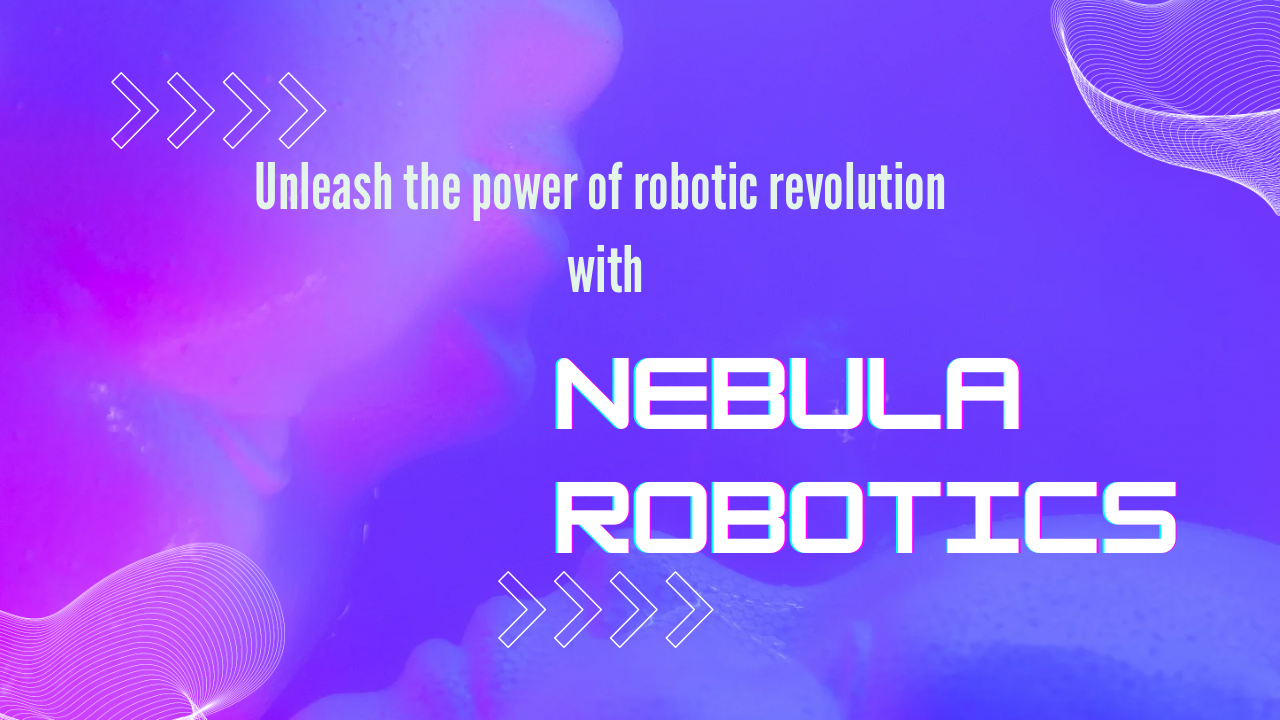Robotics and automation, these two words are being used widely and commonly. They are sometimes used interchangeably. They however have a similar context, when looked broadly but there are also some differences between the two.
In this article, we’ll explore the meaning and differences between the two. We will also look at how Cobots have transformed the industries.

What is automation?
Traditional definitions of automation include a wide range of technologies such as software, equipment, and gadgets that are meant to perform jobs normally performed by humans. Business process automation refers to software designed to improve various business processes. Robotic process automation (RPA), on the other hand, incorporates software agents or robots that are integrated with AI and machine learning capabilities, allowing them to mimic human activities while leveraging computer software.
RPA is used to automate labor-intensive workflows, infrastructure, and back-office procedures, making it especially useful for large corporations with vast human resources, IT, and finance departments.
While RPA provides intelligent solutions, it is not the same as artificial intelligence (AI). RPA is concerned with copying human actions, whereas AI is concerned with the imitation of human intelligence using computer software. Both technologies are necessary.
What is Robotics?
The term 'robotics' refers to machines that are capable of visual perception, perceiving their surroundings, carrying out actions, and, to some extent, making decisions on their own. This broad category encompasses a wide range of robots, including drones, service robots, and Mars rovers. However, in the context of classical robotics and production, the term 'robotics' refers primarily to industrial robots. These physical hardware devices are used for physical product inspection, assembling, packaging, and palletizing.
On the other hand, 'automation' is a broader term that includes software agents that do not require physical hardware. In this context, robotics might be regarded a subcategory of automation, focused on robots with physical capabilities that interact with the physical world to execute specified activities.
Let’s explore more about Robots
There are two kinds of robots:
Traditional robots and collaborative robots, both are capable of doing various tasks.
Traditional robots and collaborative robots, often known as cobots, are two types of robotic systems that have distinct properties and uses.
Traditional robots:
‘Robots of the Past’ are built to work autonomously, following established instructions and programmed sequences without the need for human involvement.
Because of their size, speed, and strength, they often require safety barriers or cages to keep them separate from human employees.
Traditional robots are often used in manufacturing and industrial environments for repetitive, high-speed, and precise activities such as welding, painting, and assembly.
Cobots (Collaborative Robots):
Functionality: Cobots are specifically designed to operate with humans in a safe manner, partnering with them rather than replacing them. They are more adaptable to changes in the environment and easier to program, making them more versatile for a variety of jobs.
Safety: Cobots include built-in safety features such as force and torque sensors, and they can identify when they come into contact with an object, decreasing the danger of an accident.
Cobots have applications in jobs that need human-robot collaboration, including as handling, pick-and-place, and assembly. They are well-suited for areas requiring intimate human involvement, such as small-scale manufacturing and assembly lines.
Click here to Read about Nebula’s efficient collaborative robots

Visit our website:
https://www.nebularobotics.com/
Connect to us on LinkedIn:
https://www.linkedin.com/company/nebularob
Email us and get answers to all your queries:
Email:
Phone:
(+91) 9137250668
Nebula’s YouTube page:
https://youtube.com/@nebularobotics7492

.png)

